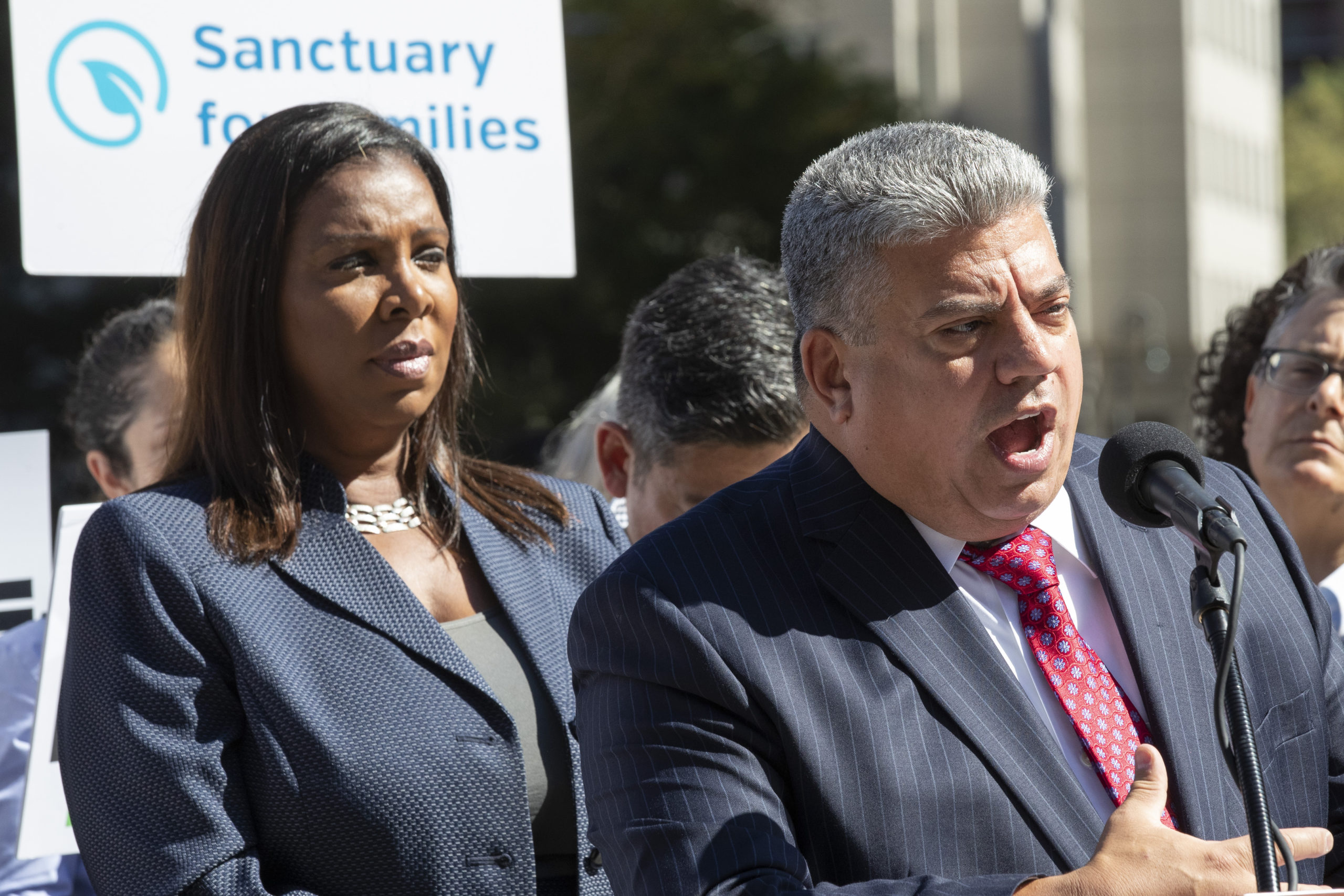CUNY study analyzes racial, ethnic disparities in Brooklyn DA’s Office
It found fewer than expected racial inequalities

On Thursday, the CUNY Institute for State & Local Governance (ISLG) released the findings of a multi-year study analyzing racial and ethnic disparities in outcomes at key points in the Brooklyn District Attorney’s Office’s decision-making process.
Conducted as part of the DA Eric Gonzalez’s Justice 2020 initiative with joint support from Arnold Ventures and the William T. Grant Foundation, the research presented in “Justice in Decision-Making: Studying Racial & Ethnic Disparities in the Brooklyn District Attorney’s Office” found that while disparities existed at specific decision points and for certain crimes, outcomes were not universally worse for Black and Hispanic people, and better for white and Asian people, across all stages.
The findings — derived from data collected between 2016 and mid-2019 — paint a nuanced and complex picture that assesses not only current policies and practices shaped by ongoing reforms within the office but also now-defunct practices that have since been phased out; system stakeholders outside the prosecutor’s authority; and broader root causes of racial inequity in America. After analyzing outcomes at every step from case acceptance to sentencing, ISLG found that while Black and Hispanic people were more likely to exit the system at various points than white people, those who stayed in the system had worse outcomes in various circumstances.

Brooklyn Boro
View MoreNew York City’s most populous borough, Brooklyn, is home to nearly 2.6 million residents. If Brooklyn were an independent city it would be the fourth largest city in the United States. While Brooklyn has become the epitome of ‘cool and hip’ in recent years, for those that were born here, raised families here and improved communities over the years, Brooklyn has never been ‘uncool’.